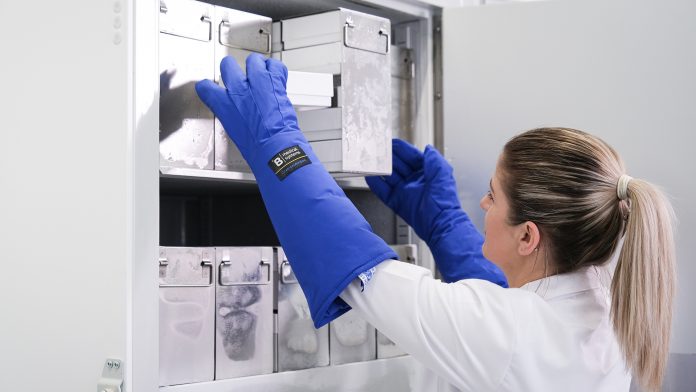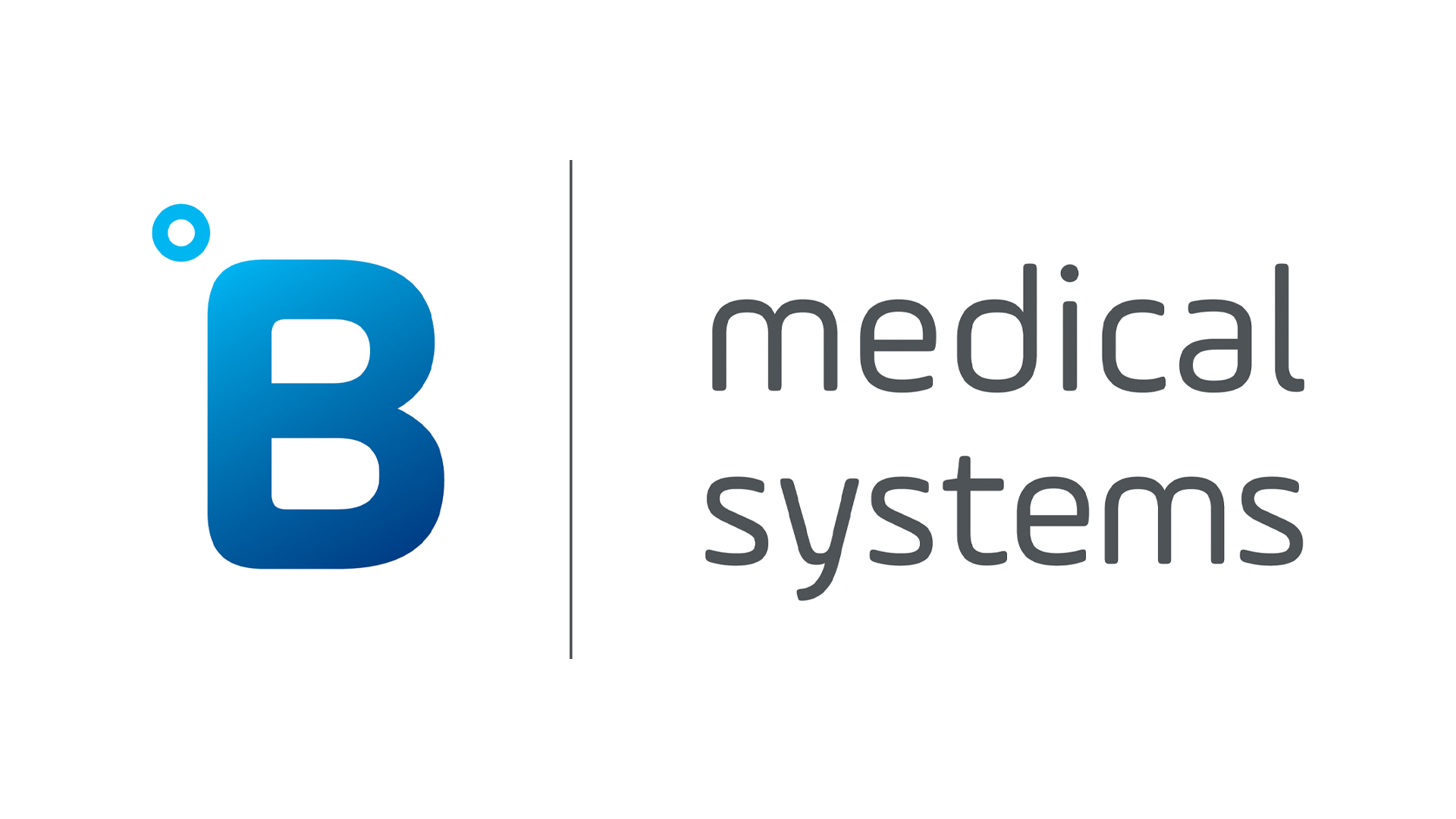
With solutions specifically designed to optimise the storage of vital samples, B Medical Systems is playing a vital role in cancer biomarker research.
The use of cancer biomarkers to diagnose, assess prognosis, and select a suitable cancer treatment has become possible due to the development of inexpensive and user-friendly molecular analysis tools such as the polymerase chain reaction (PCR).
Maintaining the integrity of cancer biomarkers during their processing and storage is critical to accurately diagnose and give a prognosis for different diseases, including cancers. To safely store samples for research or clinical use, freezing procedures are employed to arrest the degradation of biomarkers used for identifying diseases. However, the long-term stability of these molecules depends upon their long-term storage conditions provided by specialised equipment. When it comes to safely storing important cancer biomarkers in fluid, cell, and tissue biospecimens, ultra-low temperature storage is often used.
Storage and diagnostics
Analysing frozen tissue and body fluid samples has become standard practice for suspected cancers following recent breakthroughs in practical applications of molecular diagnostics, which allows for the detection of cancer-associated biological molecules more commonly known as biomarkers.
An accurate assessment of biomarkers in a biospecimen is considered essential for making an accurate diagnosis. Therefore, the key biological features of the sample need to be maintained during its processing and storage, as such biologicals contain vital molecules required for a variety of tests which can degrade over time and at certain temperatures. As the activity of these molecules is dependent on the dynamics between them and the ambient temperature, reducing the proteins’ activity by decreasing the temperature is a mechanism that has now been used for decades to reliably maintain biospecimens.
Cancer biomarkers
In oncology, biomarker testing identifies genes, proteins, and other substances that can reveal information about cancer since each type of it displays a different pattern of them. Then, the data can be used to diagnose or classify cancer, estimate the prognosis, or select an appropriate treatment. Tumour markers are divided into two groups: tumour markers found in tissues and circulating tumour markers found in body fluids.
Tumour tissue (or cell) markers
Ultra-low temperature frozen tissue is used for cancer biomarker testing as it provides high-quality nucleic acids (DNA and RNA) and proteins for the testing procedures. However, the suitability of tissue biospecimens for biomarker testing is highly dependent on how the biospecimens are processed and stored but generally speaking, ultra-low freezers are the equipment of choice when looking for a solution to reliably store samples.
Circulating tumour markers
Tumours release a certain amount of their fragments into the peritumoral area. These fragments can be individual malignant cells, clusters, proteins, or nucleic acids. As a result, these molecules can be found in multiple body fluids, including serum, saliva, blood, and urine, and can be tumour indicators. For this reason, blood plasma is analysed to find the cancer biomarkers. Therefore, plasma storage conditions are significant preanalytical factors influencing circulating tumour marker analysis outcomes. Generally speaking, these samples are stored at temperatures ranging from -80°C to -20°C, with the more rigid temperatures offering better sample quality over time.
Reliable ultra-low freezers for modern cancer research
Ultra-low freezers are essential for the storage of samples in cancer research and are especially important in maintaining the stability and quality of cancer biomarkers. Hence, when selecting ultra-low freezers to purchase and use, the performance and reliability of these units should be carefully considered. The flexibility in offering varying set points can help medical professionals choose the right storage temperature depending on the type of biomarkers being frozen and the length of the storage required. Moreover, the ultra-low freezers must maintain a uniform temperature inside their cabinets to best maintain the samples, while superior door opening recovery (DoR) and hold over time will help ensure their safety even during adverse events. Certifications such as the EU MDR ensure compliance with regulations that govern the production of quality medical devices. These, along with 24/7 real-time monitoring systems, can ensure that specimens are always stored in the most ideal conditions. Furthermore, energy-efficient operations and green refrigerants will ensure that laboratories can achieve considerable sustainability levels.
Specimens stored at ultra-low temperatures are generally preferred over other types in cancer biomarker testing because most of these biomarkers, such as nucleic acids and protein molecules, are prone to degradation due to a range of factors. Moreover, biospecimens also contain degradative molecules whose activities are greatly influenced by temperature. As a result, appropriate storage temperatures that render these enzymes inactive must be chosen to preserve the cancer biomarkers. Various studies have demonstrated that if biospecimens are used mainly for DNA and protein analysis, long-term storage at temperatures between −70°C or −80°C can be effective. For this reason, reliable ultra-low freezers should be used to store these delicate samples. By providing temperature flexibility and sample safety with these products, researchers can use them to store their biologicals for extended periods. Moreover, ultra-low freezers that employ natural green refrigerants and possess all the required certifications should be prioritised to ensure the samples’ safety.
Contact us here: https://www.bmedicalsystems.com/en/contact/
This article is from issue 22 of Health Europa Quarterly. Click here to get your free subscription today.























